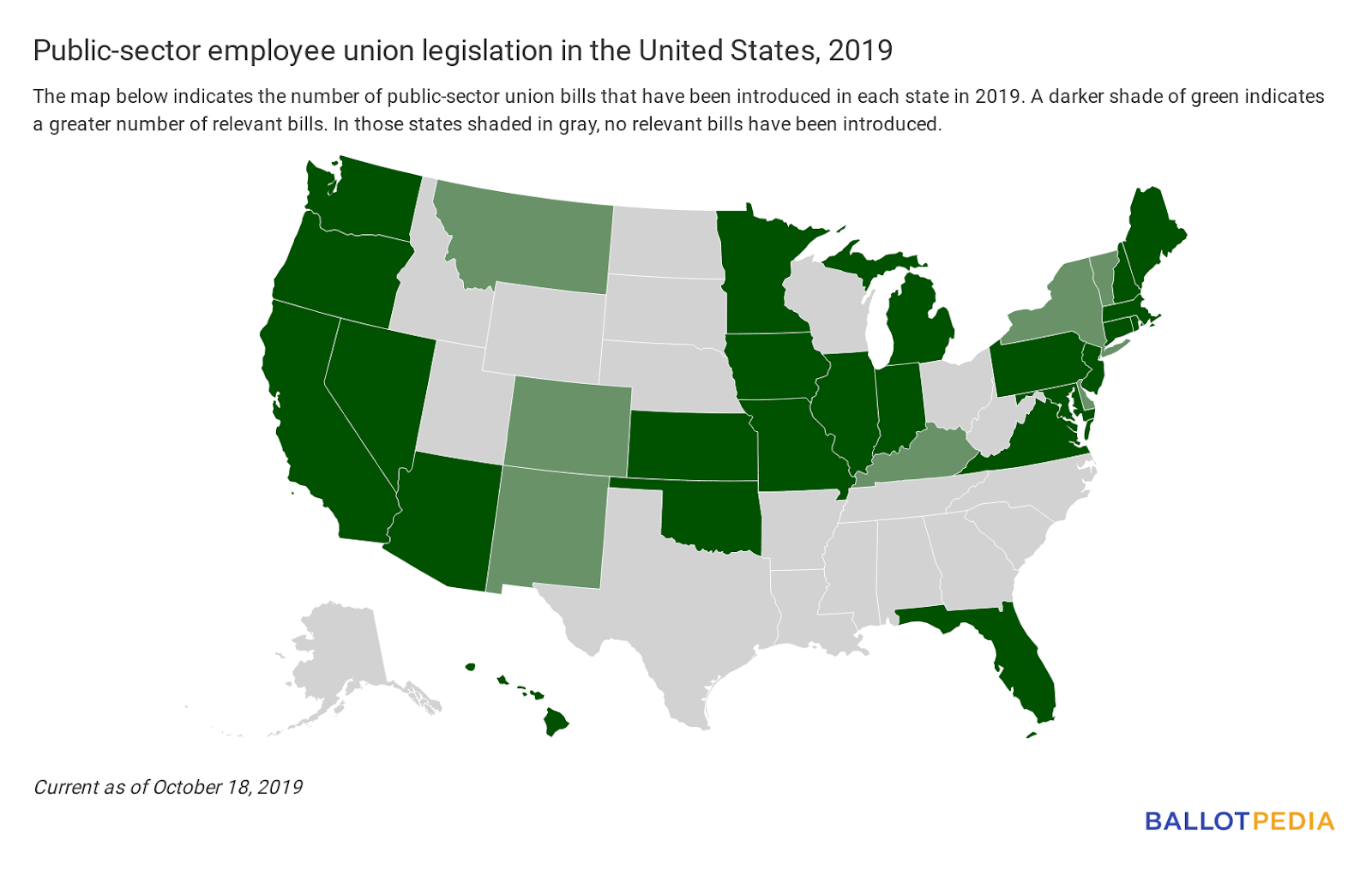|
|
|
|
Welcome to Union Station, our weekly newsletter that keeps you abreast of the legislation, national trends, and public debate surrounding public-sector union policy.
MINNESOTA SUPREME COURT RULES CITY OF BRAINERD ENGAGED IN UNFAIR LABOR PRACTICES
In a 5-2 decision issued Oct. 9, the Minnesota Supreme Court ruled the city of Brainerd engaged in unfair labor practices when it restructured the fire department. The city eliminated the positions of five full-time fire equipment operators who were members of Firefighters Union Local 4725. The move effectively dissolved the union.
Who are the parties to the suit?
The plaintiff, Firefighters Union Local 4725, et al., was represented by Meyer Njus Tanick, PA. The defendant, the city of Brainerd, was represented by Everett & VanderWiel, P.L.L.P.
What was at issue?
Firefighters Union Local 4725 sued the city of Brainerd after it eliminated five union positions.
- The Crow Wing County District Court ruled in favor of the city. However, the Minnesota Court of Appeals reversed the ruling, finding that Minn. Stat. § 179A.13 prohibited the city from interfering with the existence of employee organizations and therefore that the city had engaged in unfair labor practice.
- The city appealed the case to the state supreme court, arguing that the restructuring was authorized under Minn. Stat. § 179A.07 as “inherent managerial policy.”
- In Minnesota, there is a state supreme court, a state court of appeals, and a district court system.
How did the supreme court rule?
In the majority opinion, Justice David Lillehaug wrote, “Although our reasoning differs in part from that of the court of appeals, we hold that the City engaged in an unfair labor practice prohibited by Minn. Stat. § 179A.13, subd. 2(2). Therefore, we affirm the court of appeals’ decision that the district court erred by failing to grant summary judgment to the Local on the PELRA claim.”
Chief Justice Lorie Gildea and Justice Barry Anderson dissented. Gildea wrote in her dissent that “the majority prioritizes the protections in section 179A.13 and nullifies the powers in section 179A.07. Because the majority departs from our obligation to give effect to both statutes, I respectfully dissent.”
- In Minnesota, supreme court justices are elected to six-year terms in nonpartisan elections. In the event of a vacancy, the governor appoints a replacement who must then stand for election at the next general election at least one year after the appointment. Currently, five justices on the court were appointed by a Democratic governor and two justices were appointed by a Republican governor. This case was decided along party lines.
What are the responses?
Attorney Marshall Tanick, who represented the union, said the case “upholds the sanctity of contracts in the workplace for labor unions and all working people for that matter.”
Attorney Pamela VanderWiel, who represented the city, said, “I think with every subsequent decision we’ve gotten, the law has gotten more confusing, rather than easier to apply.”
What comes next?
According to the Brainerd Dispatch, “With the reversal by the Minnesota Supreme Court, the case will go back to the Brainerd district courtroom for a decision on a remedy.”
|
THE BIG PICTURE
Number of relevant bills by state
We are currently tracking 102 pieces of legislation dealing with public-sector employee union policy. On the map below, a darker shade of green indicates a greater number of relevant bills. Click here for a complete list of all the bills we're tracking.

Number of relevant bills by current legislative status

Number of relevant bills by partisan status of sponsor(s)

|
RECENT LEGISLATIVE ACTIONS
Below is a complete list of legislative actions taken since our last issue. Bills are listed in alphabetical order, first by state then by bill number.
- California AB314: This bill would require employers to grant employees paid time off for certain union activities.
- Vetoed by Gov. Gavin Newsom on Oct. 12, 2019.
Thank you for reading! Let us know what you think! Reply to this email with any feedback or recommendations. |
|
Ballotpedia depends on the support of our readers.
The Lucy Burns Institute, publisher of Ballotpedia, is a 501(c)(3) nonprofit organization. All donations are tax deductible to the extent of the law. Donations to the Lucy Burns Institute or Ballotpedia do not support any candidates or campaigns.
|
|
|
|
|